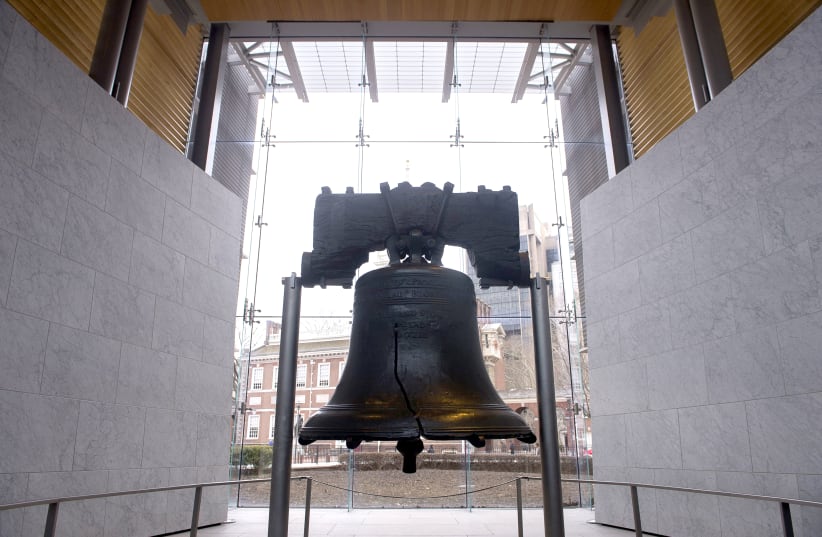'The Holocaust Lover' - a novel unpacking antisemitism, love and betrayal
This historical novel by the late Jerusalem Post editor and writer Matt Nesvisky takes the reader on an emotional roller-coaster ride from the revolt at Sobibor to present-day Philadelphia.
